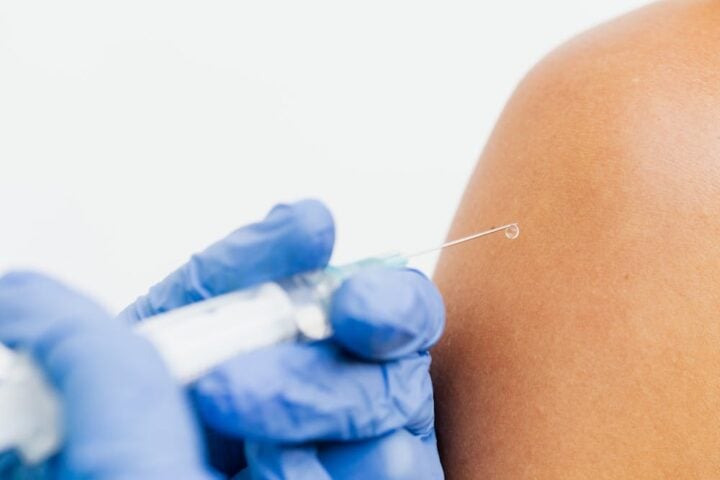FIFA has approved a new protocol to protect the well-being of female footballers and coaches, highlighting its commitment to equality and inclusion. This historic initiative aims to reshape the landscape for working mothers at all levels of women’s sports. The new measures expand the Regulations on the Status and Transfer of Players (RSTP).
The changes will also expand the rights and protection of adoptive mothers, as well as non-biological mothers; they will recognize the physical, psychological, and social aspects of medical complications related to pregnancy and encourage federations to allow players to have contact with their families while on national team duty.
“I think it’s a big statement,” exclaimed Ellis, who led FIFA’s Technical Study Group at the FIFA Women’s World Cup 2023™ and coached the USA to Women’s World Cup titles in 2015 and 2019. “These are big steps and big strides to really normalise the life that we go through as women … that’s what we want to provide now at every level, the club level, the national team level – the opportunity for pro players to have the chance to be mums.”
Absence from training sessions or matches, without any financial loss, will be a right for female players starting from Saturday, June 1st, as part of FIFA’s new measures to protect them and their coaches, and to allow late registration for those who have had permission due to pregnancy or adoption.
FIFA presented the changes approved by its Council this month of May, for their introduction into the Regulations on the Status and Transfer of Players (RSTP), as part of the second of the Strategic Objectives for world football 2023-2027.
Here are the new FIFA protocols:
- Paid maternity leave: a minimum of 14 weeks for coaches, extending a benefit previously only available to players.
- Adoption leave: Leave periods based on the age of the adopted child for players and coaches.
- Family leave: Includes non-biological parents.
- Replacement players: Clubs can sign players outside of transfer windows if a team member is on maternity leave, adoption leave, or family leave.
- Menstrual health: Players can be absent from training sessions or matches for menstrual health reasons and continue to receive their full salary.
- These measures, which will come into effect on June 1, 2024, are an important step in addressing the unique challenges faced by women in football.
These changes will expand the rights and protection of adoptive parents and non-biological mothers. They will also recognize physical, psychological, and social aspects in case of inability to work due to painful menstrual periods or medical complications related to pregnancy, and member federations will be urged to allow players to have contact with their families while on national team duty.
“FIFA is committed to implementing a dynamic regulatory framework that is sound and suitable for the increasing needs of female players and coaches,” said Emilio García Silvero, director of FIFA’s Legal and Compliance Division. “In order for the game to further flourish, it’s absolutely key that we have a holistic approach towards player well-being, including the legal aspects.”
Similar Posts
Finally, the body governing world football asks member federations to establish a minimum paid leave period of at least eight weeks in cases where a professional adopts a child under two years old. If the child is between two and four years old, the leave period should be at least four weeks; and if they are older than four, it should be two weeks minimum.
“I appreciate very much FIFA getting involved to protect pregnant women so that they can have a good feeling, enjoy their pregnancy, and can get support during and after the pregnancy,” explained the mother of four, Like Ellis, former Germany international Fatmire Alushi and a FIFA Women’s World Cup winner in 2007.
FIFA Chief Football Women’s Officer Dame Sarai Bareman said, “They are the ones who are on the field, who are playing the sport, they’re training hard every day, really sacrificing a lot to entertain the fans and to deliver the beautiful matches that we see,” she said.


















